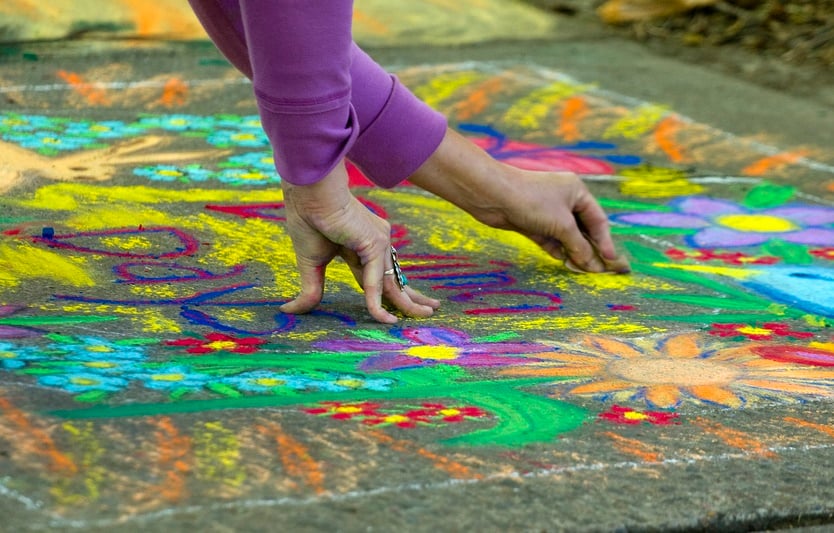
Photo: ap. (CC BY-NC 2.0)
Arts outreach projects should focus on ‘fun’, report says
Work with local communities is challenging and most likely to succeed in collaboration with organisations that already target those communities, according to a new report.
Community integration is often an organic process that “cannot be artificially created” by arts organisations and artists, a new Arts Council England (ACE) report has warned.
The review of ACE’s Arts and Communities programme found that achieving the genuine engagement and involvement of local communities in arts projects is a time-consuming activity that depends on continuity of approach to build and maintain relationships.
It recommends arts projects focus on the fun aspects of arts participation, and that organisers partner with those who already have links in their target communities.
The report presents the experiences and lessons learned by arts consortia in Birmingham, Bradford, Bristol and Burnley who took part in ACE’s Arts and Communities programme from 2014 to 2016.
The programme, supported by the Department for Communities and Local Government, provided Lottery money to part-fund local-level arts projects involving local authorities. It aimed to give people of all backgrounds the chance to participate in the arts and to build “a clear sense of shared values, aspirations and common ground”.
Resource-intensive
Presenting the key learning points from the programme, researchers from Consilium Research and Consultancy have concluded that, while arts organisations and artists can provide a context and space that can support community integration, this is often an organic process that “cannot be artificially created”.
Outreach work, they say, is an essential but resource-intensive part of engaging new communities. Working with new audiences and participants to agree a common approach and vision is a challenge that “requires careful management and facilitation”. It is most effective when undertaken in collaboration with organisations and services that already have links into target communities.
Focus on ‘fun’
Key to the success of projects is promoting “the ‘fun’ and ‘social’ aspects of participation as opposed to focusing on the artistic aspects of activities”. The report notes that using “exclusive ‘arts’ language and jargon” acts as a barrier to encouraging local communities to get involved.
Risks
The report warns that lead organisations and commissioned artists involved in this type of work should “recognise the inherent risks” in working with communities where arts participation is low: not all engagement activities end up producing an artwork or performance.
Noting the potential “reputational risks” when communities take the lead in delivering arts activities and performances, it says arts organisations and artists must be “comfortable with taking a step back” and should know “when and how to intervene in order to ensure the quality of the artistic output is maintained”.
“What is important is the learning and reflection that can inform future approaches and activities,” it says.
Join the Discussion
You must be logged in to post a comment.